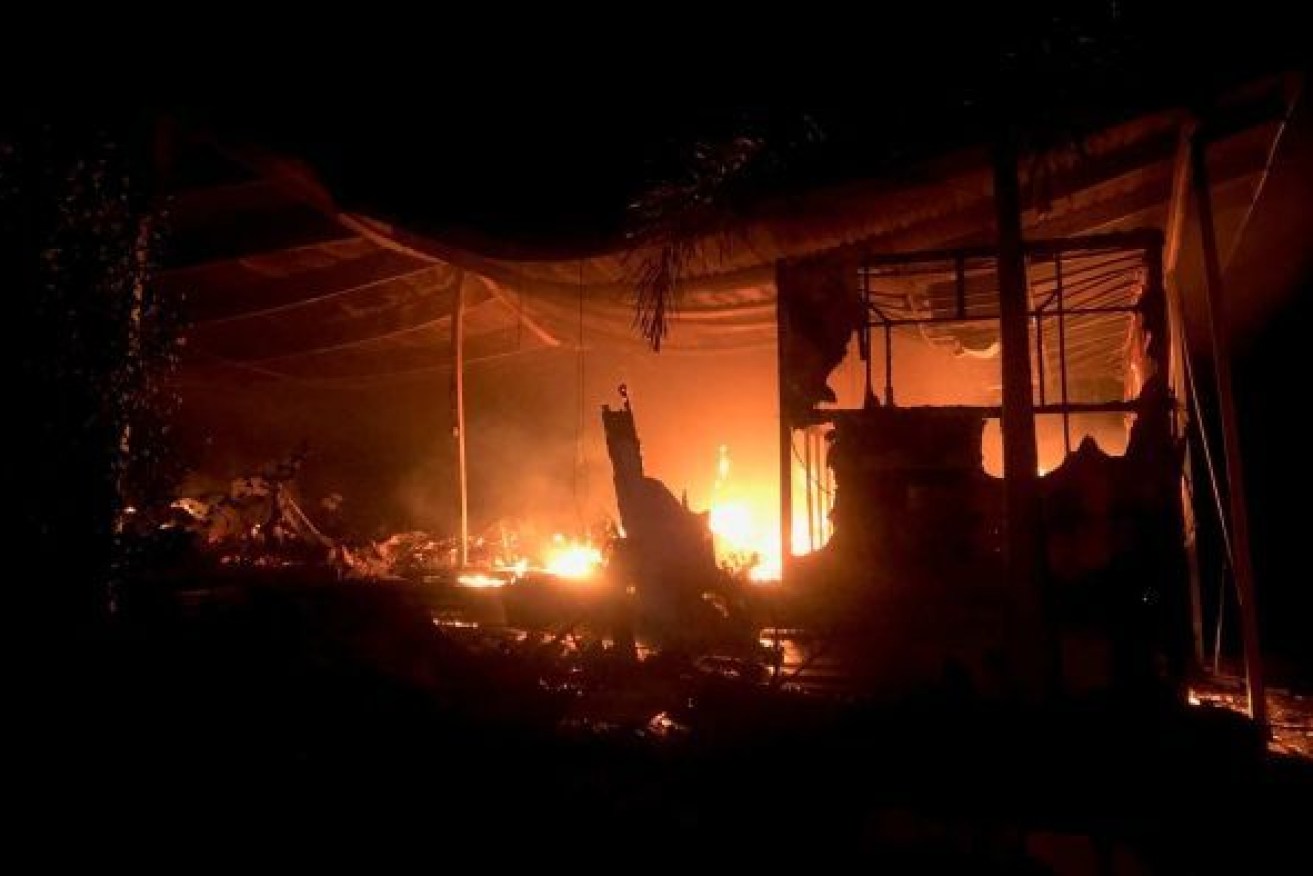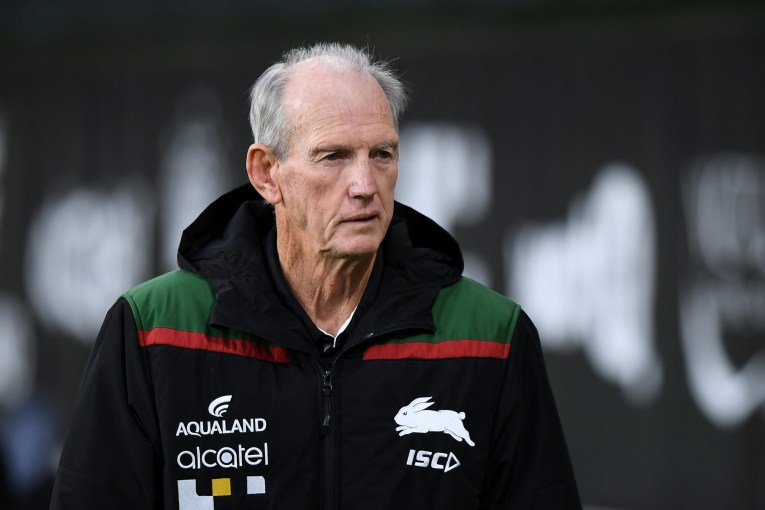Spot fires: QFES firefighters training for ‘special hazard’ battery blazes, but councils in no rush to act
Queensland Fire and Emergency Services are designing training programs to specifically respond to fires involving vehicles using Lithium Ion batteries, but councils are yet to introduce building rules to accommodate electric vehicles.


The scene of a fire in Dimbulah, west of Cairns, after a bank of lithium-ion batteries failed and ignited. Photo: ABC
QFES said three training programs have been developed, focusing on electric and hybrid vehicle fires, electric vehicle (EV) charging systems, and an introduction to batteries and power supplies.
“QFES responds to EV fires in a similar way to a hazardous materials incident. While the potential for EV hazards does pose specific challenges to first responders, Fire and Rescue Service (FRS) personnel have access to the required specialised equipment for fires involving hazardous materials,” a spokesperson said in a statement.
The new programs come as city councils expect more development applications with the inclusion of EV charging stations under a recent National Construction Code (NCC) mandate.
The NCC mandates require new multiple dwellings and commercial buildings incorporate the necessary wiring to facilitate electric vehicle chargers.
The new requirement came into effect last October. The NCC provides Australia’s primary set of technical design and construction requirements for buildings, including safety and sustainability.
Queensland Fire and Emergency Services (QFES) said their 2022 position statement warns on EV carparks and EV charging stations in certain buildings, including industrial buildings and residential and commercial unit complexes, remains “current and valid”.
The statement says EV carparks and EV charging stations can pose a “special hazard” to firefighters.
Fires from lithium chemistry have potential to lead to a “thermal runway” within the battery which can cause “significant challenges” including toxic smoke, flammable vapour clouds, and rapid rates of fire, the QFES statement says.
In relation to EV carpark spaces QFES recommends building certifiers consider providing suitable protection for occupants and fire intervention such as fire detection and early warning intercommunications systems.
The Gold Coast City Council (GCC) approved a development application with EV charging stations for an apartment block at Robina in December.
“The mandated requirement under the NCC has ultimately addressed this requirement. The City is awaiting on further advice from the state government on a guideline being prepared which may inform future City plan provisions or conditions of approval,’’ a GCC spokesperson said.
The GCC said it is supportive of the inclusion of vehicle charging stations within new residential and commercial developments.
However, if the charging station is limited to serving the vehicles in the developments, no specific council approval would be required, the GCC spokesperson said.
The GCC said it has no concerns over the installation and operation of vehicle charging stations as its the responsibility of the owner or body corporate in relation to a development.
The Sunshine Coast Council (SCC) said the installation of EV charging stations in residential and commercial development is optional under the current Sunshine Coast Planning Scheme.
To date the SCC said it has not refused any development application due to the inclusion, or absence, of EV charging stations.
“There are already several examples of service stations and other developments on the Sunshine Coast incorporating this type of facility, and council recognises that there will be increasing demand for electric charging stations in private and public settings as the take up of electric vehicles increases,’’ a SCC spokesperson said in a statement.
The Brisbane City Council did not answer questions about whether it had approved or denied applications for EV charging stations in multiple residential and commercial dwellings.
However it is understood the BCC does not regulate or require the installation of EV charging on residential or commercial development applications, assessing on a case by case basis.
A BCC spokesperson said EV are the future of transport and the council is supportive of making it easier for motorists to use them.
QFES said it is part of a working group on the Australasian Fire and Emergency Services Authorities Council’s Alternative and Renewable Energy Technologies (ARET).
“Various AFAC’s jurisdictions have EV programs in development and when formally approved for release, these programs will be shared across this network and reviewed for adoption within QFES,’’ the spokesperson said.












